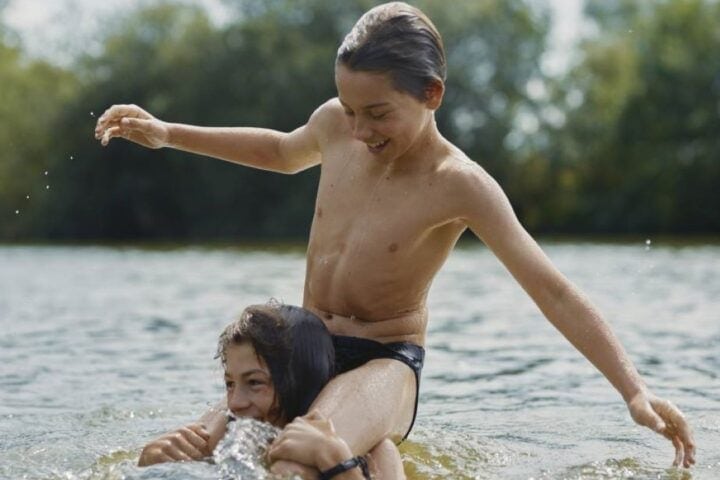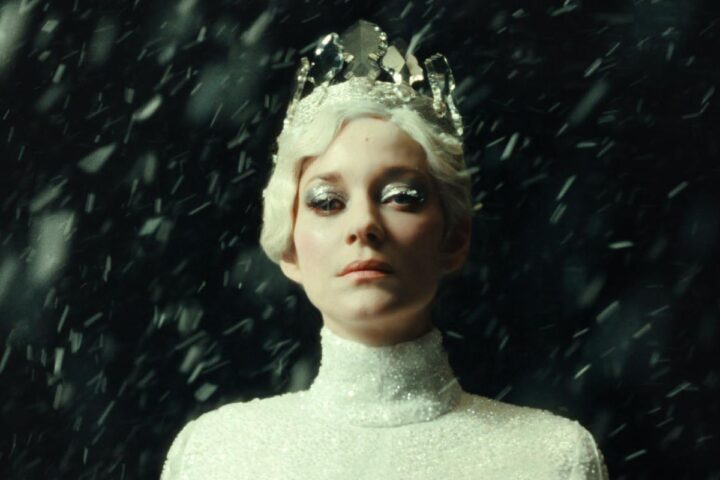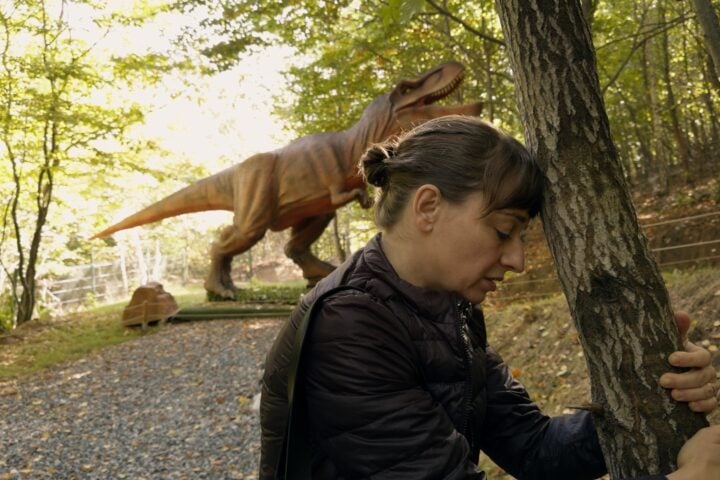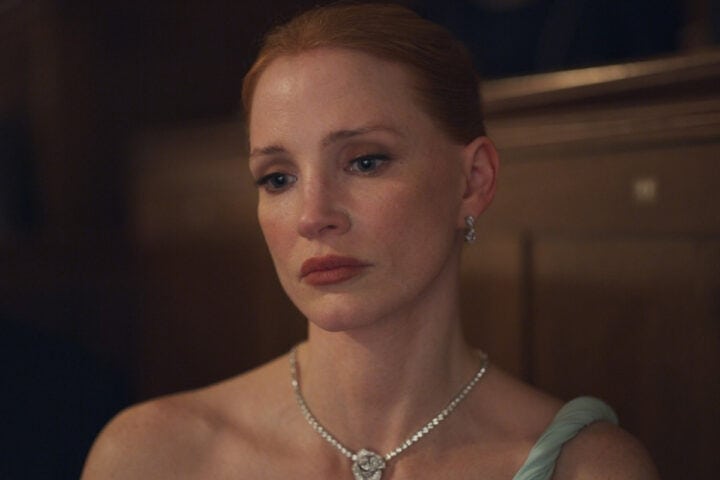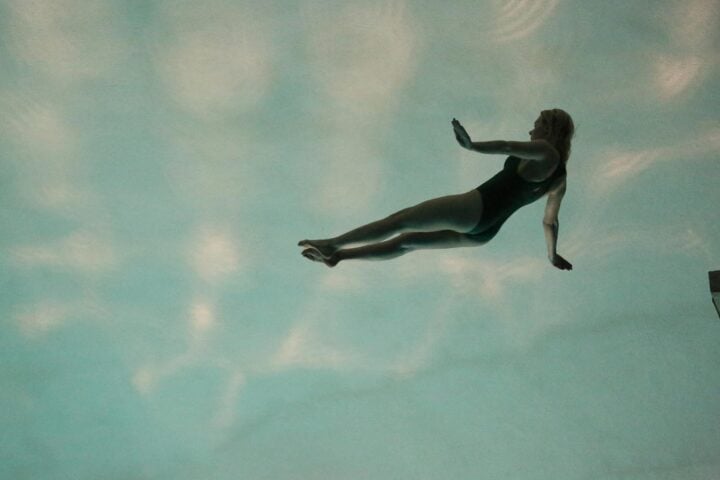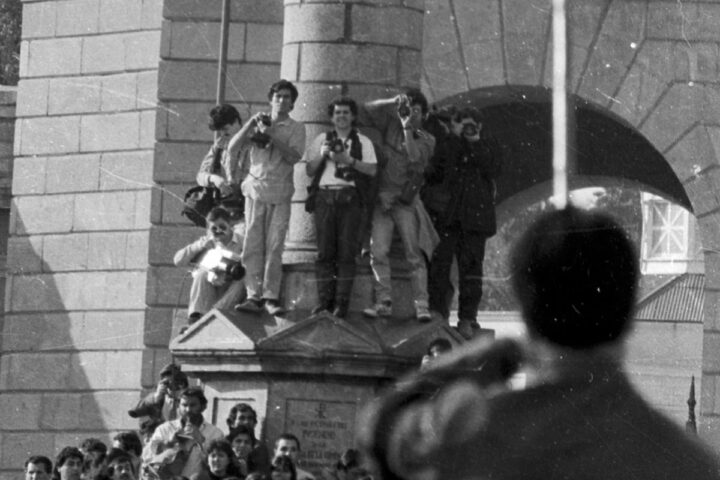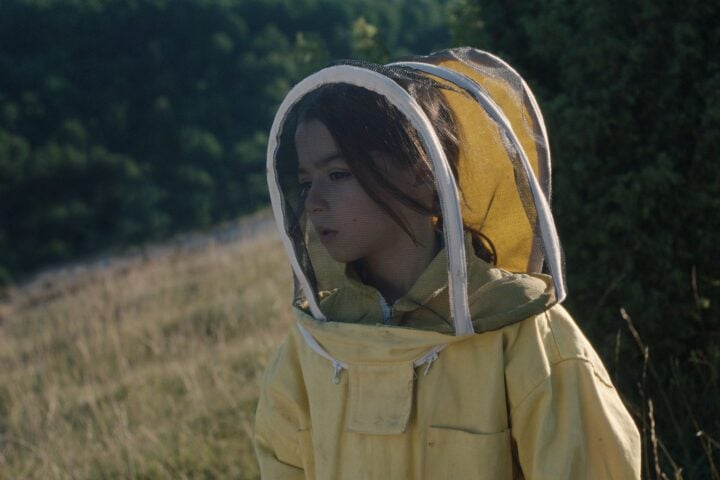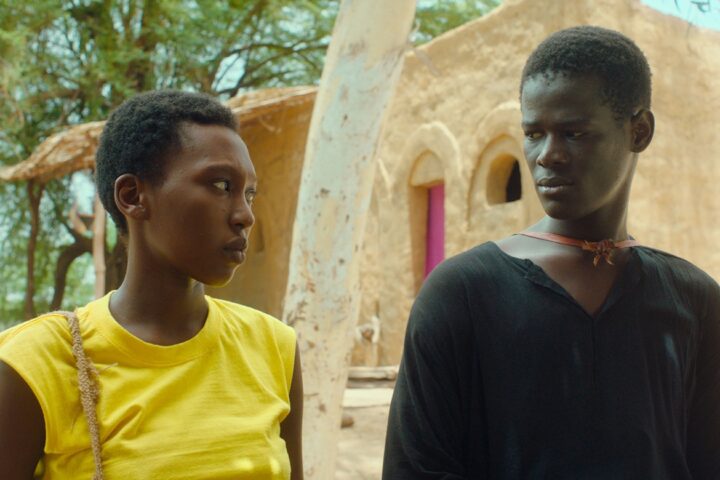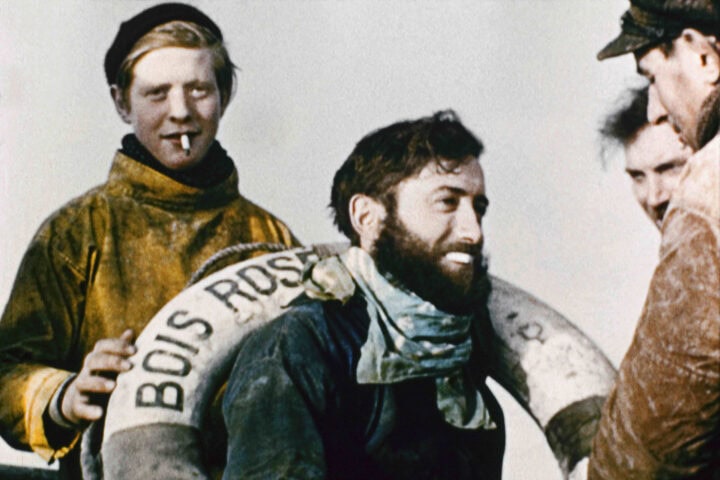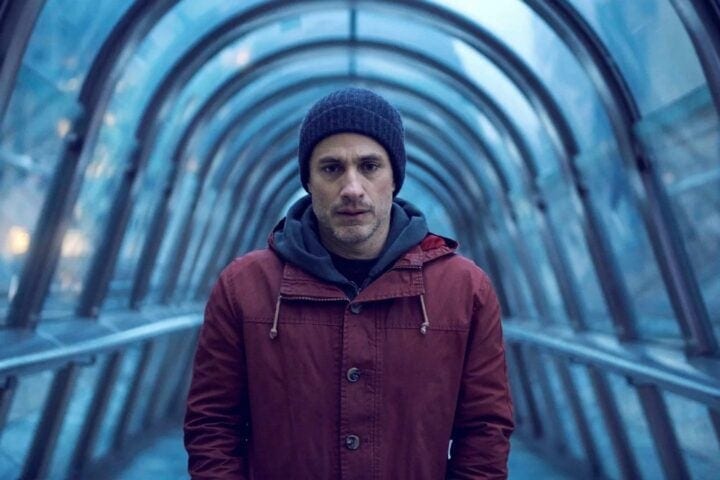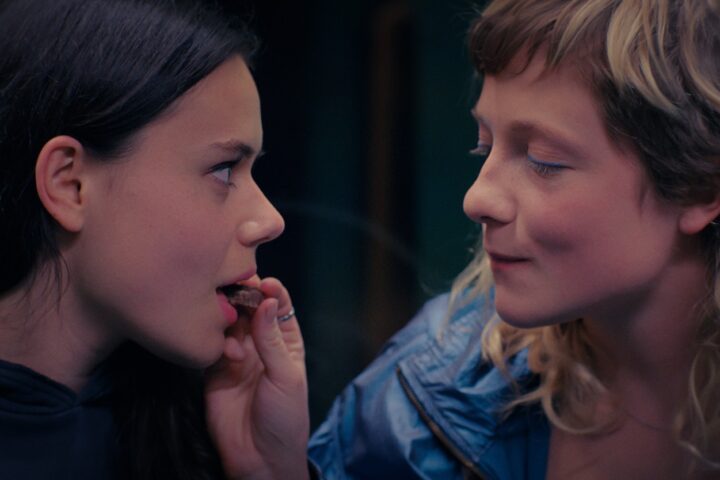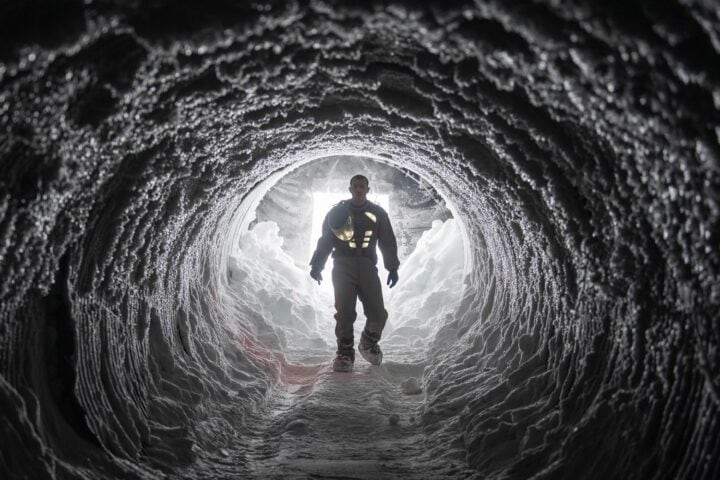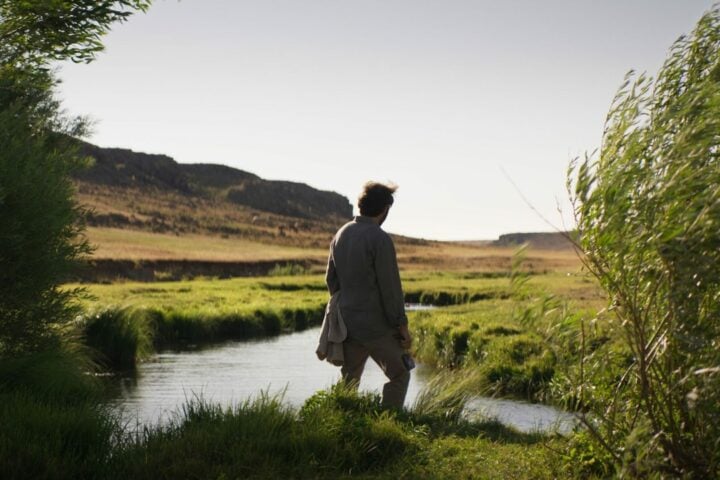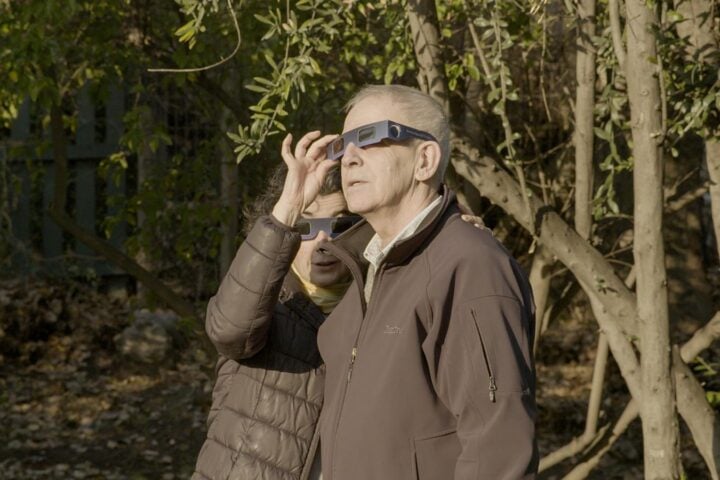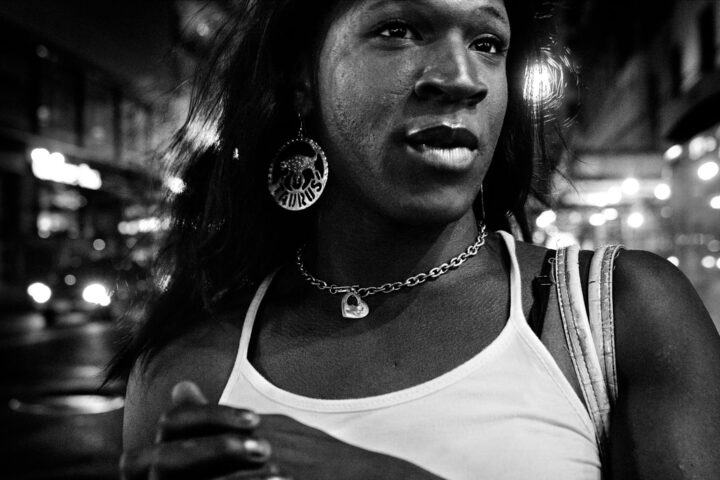The film truthfully hints at the sharp whirs behind the smooth façade of everyday life.
The Ice Tower is, ultimately, an aesthetic and nostalgic exercise.
The through line of the film is rooted in an ancestral grudge that’s easily rekindled.
The film pledges allegiance to the material constituting the fabric of dreams.
The festival’s curatorial boldness has never felt so necessary.
It’s Not Me begins with a modest “I don’t know” as a riposte to a proposed riddle.
These three films bear the scars from a region’s history of violence like a fertile inheritance.
The film suggests that our sense of gender identity bears the imprints of our family histories.
The film is most memorable when it wallows in the allegorical registers of its images.
The festival’s greatest singularity is two-fold: its lack of pretense and judicious curatorial eye.
The documentary is a public relations exercise masquerading as a substantial fashion profile.
The film immerses us in the depths of the human experience without varnish or sentimentalism.
The film tenaciously and hauntingly casts a net woven of implications over what’s come before.
In Burger’s tender and surprisingly funny third feature, language is forever foreign.
What makes IFFR so endearing is an atmosphere that’s joyful and devoid of self-importance.
The film, consistent with The Wild Pear Tree, is essentially a story about being stuck.
The film’s repetitiveness is conceptual, embodying Chilean cinema’s most prominent motif.
A multi-faceted portrait of a particularly American trans experience emerges here and there.
Marseille’s contradictions were particularly evident at this year’s FIDMarseille.
The Stroll is overtly broad, detached, and full of ready-made empowerment rhetoric.

